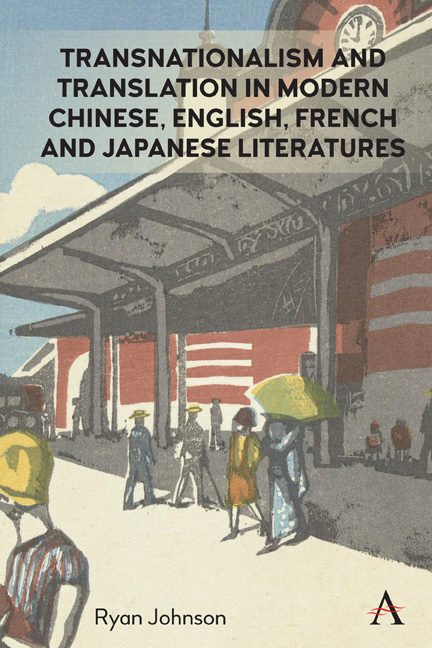Summary
The focus of this book is how translation between East Asian and Western literatures in the twentieth century challenges contemporary theories of world literature. Through detailed analyses of the attempts of East Asian and Western writers— including Kuki Shūzō, Bei Dao, Ted Hughes, Yukio Mishima, and Paul Claudel— to translate or adapt the same premodern East Asian texts into their own languages and cultures, I show that the “world” of world literature is not unified, but made up of many smaller literary worlds. But each world is not a clear, easily understandable object that can move with ease across the constellations of East Asian and European literatures. Nor are the elements of a literary world easily transferable from one tradition to another, such that, to give one example, we can see a desire in a literary work to destroy the present social and aesthetic order as “Romantic,” regardless of whether it occurs in a text from Europe or East Asia, and regardless of when. On the contrary, each literary world, as this book will show, is made up of several dimensions—religious, historical, formal, stylistic. When a literary world, say the world of the Genji Monogatari or of the poetry of Paul Verlaine, is translated into a new language and a new time period, some dimensions are preserved while others are discarded. The result is that the translated piece of literature is not so much a version of the original, but a new literary work whose relation to the original is vague.
Though David Damrosch has characterized world literature as writing that achieves another life in a new language, “circulating out into a broader world beyond its linguistic and cultural point of origin,” and appearing “differently abroad than it does at home,” the vague identity of literary texts in translation means that we keep returning to a question Damrosch himself asked at the start of What Is World Literature: “Which Literature, whose world?”
- Type
- Chapter
- Information
- Transnationalism and Translation in Modern Chinese, English, French, and Japanese Literatures , pp. 1 - 18Publisher: Anthem PressPrint publication year: 2020



